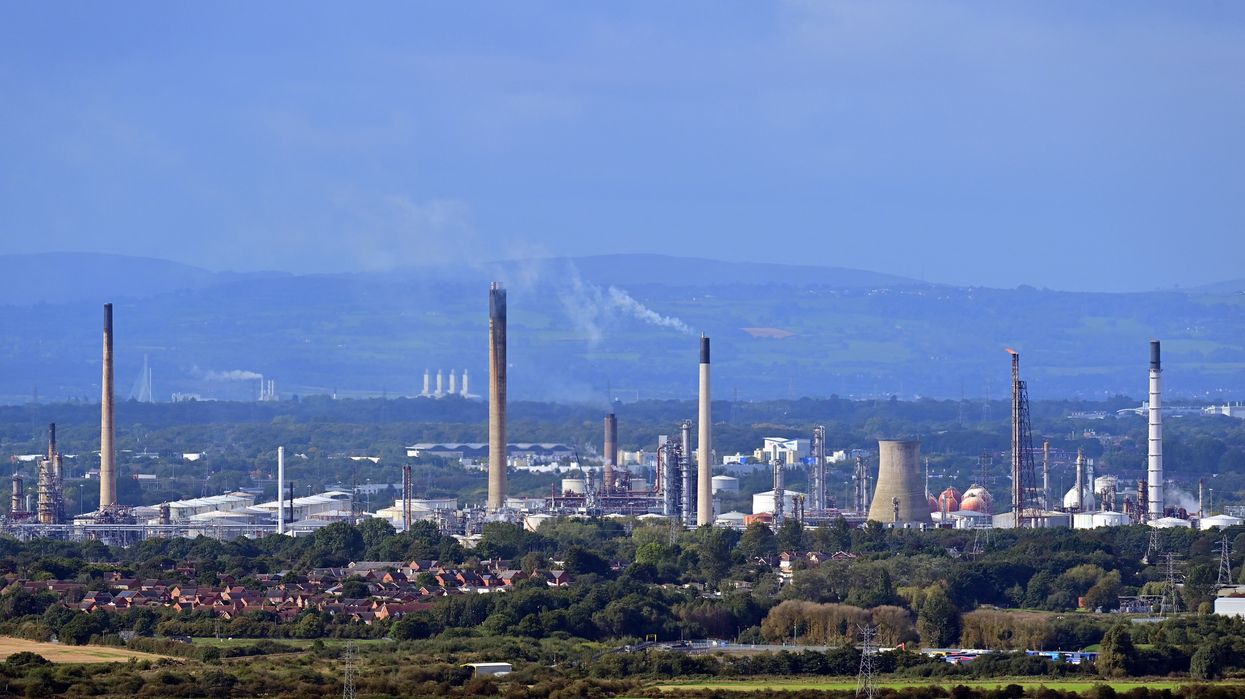THE GOVERNMENT has allocated £51.9 million to support 25 businesses in reducing carbon emissions as part of the Plan for Change aimed at driving economic growth and rebuilding Britain.
The funding covers projects across various industries, including food manufacturing, cement production, and glass processing.
Companies receiving funding include Essar Oil UK, Nestlé's coffee processing site in Staffordshire, Heinz's baked bean factory in Wigan, and Hanson Cement in North Wales.
Essar Oil UK is advancing decarbonization at its Stanlow Refinery with two key projects supported by Industrial Energy Transformation Fund (IETF) grants.
The £1.85m-funded Carbon Dioxide Capture Unit (CDCU) will cut emissions by 0.86 MTPA (41 per cent of the site’s total) by capturing 95 per cent of CO2 from the FCC unit using advanced amine absorption technology and energy efficiency measures.
The £427,157-funded hydrogen fuel switch project will retrofit over 30 fired heaters to burn low-carbon hydrogen supplied via a new pipeline from Vertex Hydrogen, reducing emissions by 0.56 MTPA (27 per cent of the total).
Hanson Cement was awarded £5.6m to support a carbon capture and storage project expected to create hundreds of jobs during construction and capture 800,000 tonnes of CO2 annually.
Ultra Tough Limited, a manufacturer of toughened glass, secured a £155,133 grant for a feasibility study to convert waste heat from its furnaces into electricity at its Welham Green facility in Hertfordshire. This project aims to cut the company's gas consumption and greenhouse gas emissions.
Other recipients include Paul’s Malt and Verdant Brewing, which are implementing decarbonisation projects in beer production, and Novelis in Warrington, which received nearly £14m to expand its recycling capacity. Novelis' £63m project is set to cut over 350,000 tonnes of carbon emissions.
The funding under the Industrial Energy Transformation Fund (IETF) requires businesses to cover about two-thirds of the total project costs.
The projects collectively represent an investment of £154m in emissions-reduction technologies, including heat pumps and carbon capture systems.
The government has also confirmed contracts for the UK's first carbon capture project in Teesside, supporting its goal to revitalise industrial regions and reduce the country’s carbon footprint.
This initiative is part of the broader strategy to achieve net-zero emissions by 2050.





